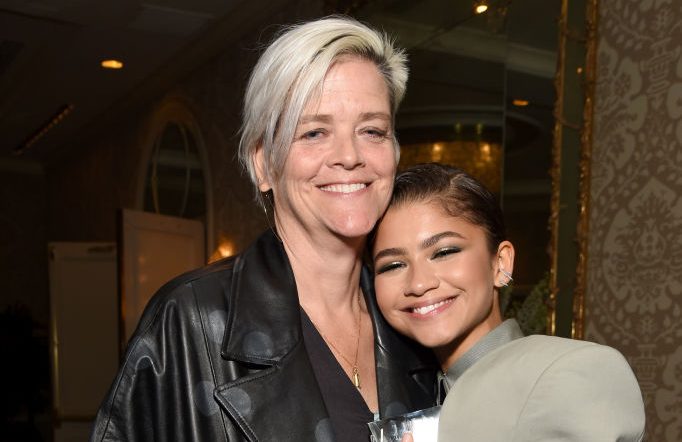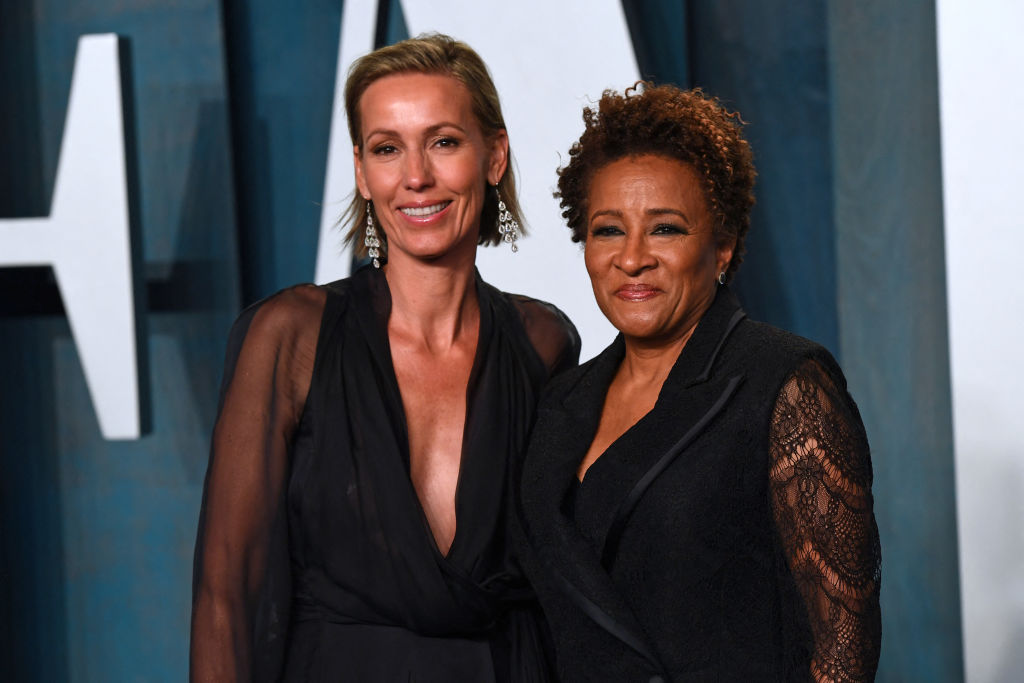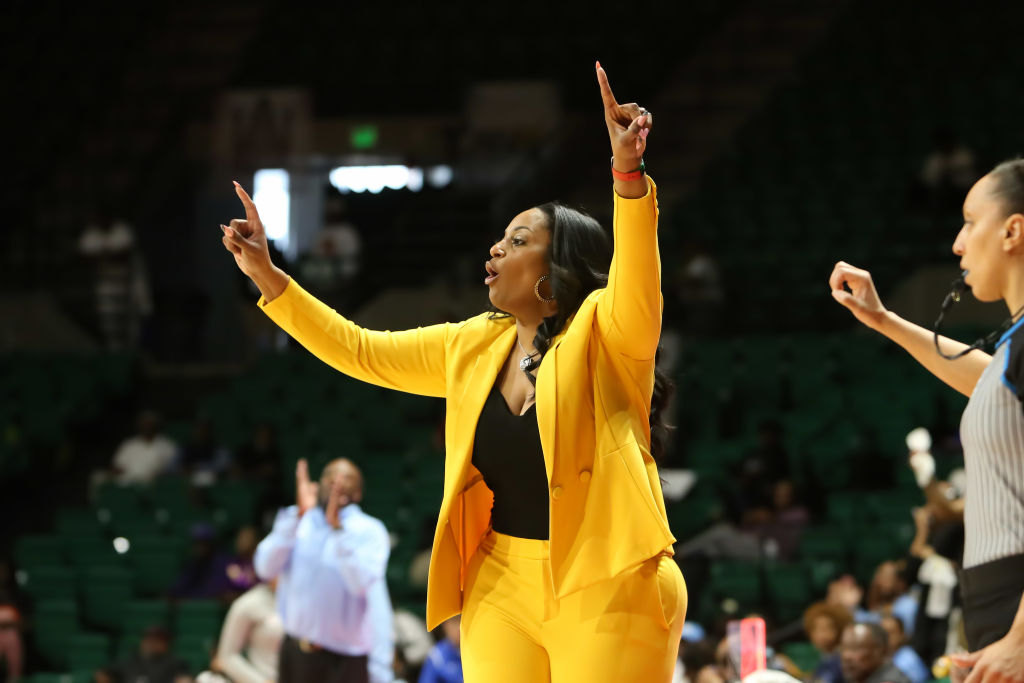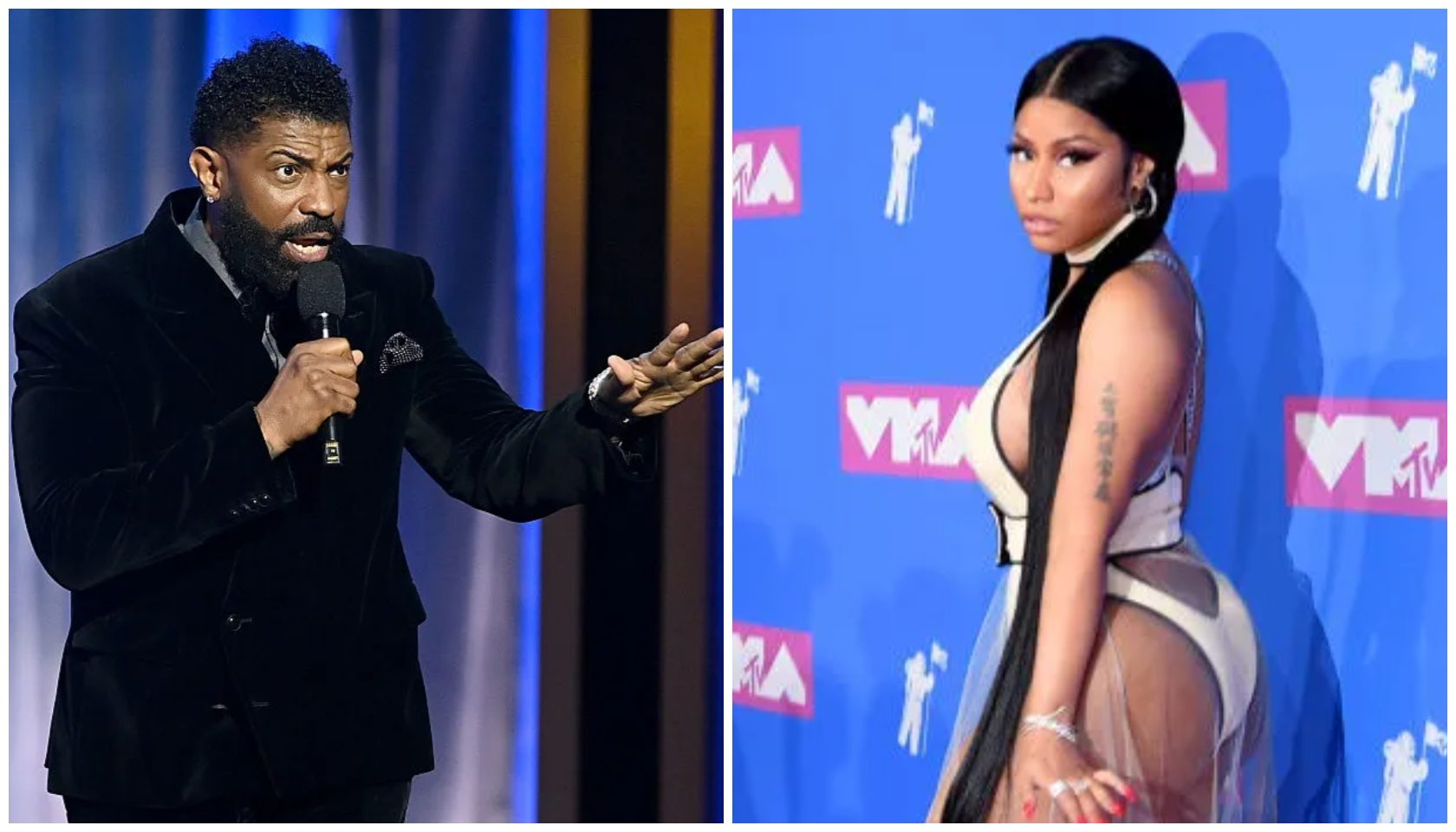15 Facts We Bet You Didn't Know About Juneteenth
Juneteenth: 15 Powerful Facts That Reveal The Holiday’s True History - Page 2
Share the post
Share this link via
Or copy link
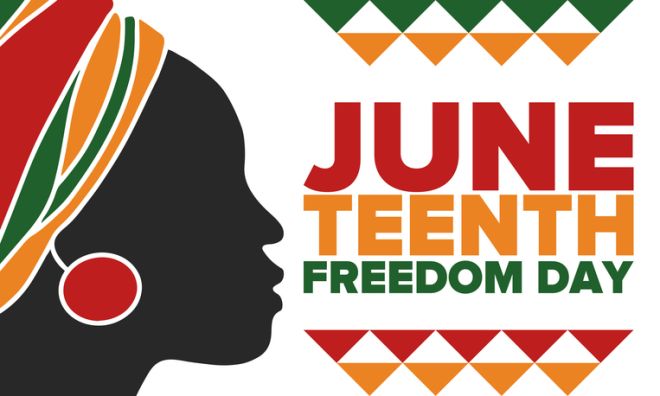
Juneteenth is one of the most important days in African American history, but we bet there’s still a lot you don’t know about this historic occasion. Here are some surprising facts that you may not know.
RELATED CONTENT: Opal Lee “Grandmother Of Juneteenth’ Talks Securing National Recognition For The Holiday
Walmart Recalls Juneteenth Ice Cream And Apologizes After Backlash
1. It’s The “Black 4th of July”

In his Independence Day oration, Frederick Douglass famously asked, “What, to the American slave, is your 4th of July? I answer: a day that reveals to him, more than all other days in the year, the gross injustice and cruelty to which he is constant victim.”
2. Juneteenth Dates Back to 1865
At 160 years old, this makes it the oldest known celebration commemorating the ending of slavery in the United States.
3. Juneteenth Started in Galveston, Texas
On June 19, 1865, Major General Gordon Granger landed at Galveston with 2,000 Union soldiers to bring the news that the war was over and the enslaved were free.
4. Galveston Is Still A Major Juneteenth Celebration Site
A lot of people travel there to celebrate. But there are also large celebrations all over the United States.
5. Juneteenth Is Two Years Late
Abraham Lincoln signed the Emancipation Proclamation on September 22, 1862. That’s around two and a half years before June 19, 1865.
6. Most of the Stories You Hear Aren’t True
There were lots of tall tales about the two-year gap between emancipation and Juneteenth. Some say the original messenger was killed on his way so the message never got through. There was also a rumor that federal troops let slavery continue for one last cotton harvest. Neither of those rumors are true.
7. Why It Took So Long
Texas was the confederacy’s westernmost state, and back then news traveled slow. There just weren’t enough Union troops to relay or enforce the message. And those who did know were trying to secede and not inclined to recognize Lincoln’s authority.
8. There’s a Juneteenth Flag
It was created by Ben Haith, Founder of the National Juneteenth Celebration Foundation (NJCF) in 1997.
9. Dressing Up Is Part of the Tradition
During slavery, laws dictated the ways the enslaved dressed. After emancipation, African Americans threw their rags into the river and put on the clothes of freed men. In some places, Black people follow that tradition by dressing their best for the holiday.
10. Juneteenth Inspired Those First Formerly Enslaved to Buy Land
Rev. Jack Yates raised $1000 to buy Emancipation Park for Juneteenth celebration. It still stands in Houston today.
11. Some Plantation Owners Celebrated, Too
They even donated food and money to the celebration. Others broke up celebrations to demand that their de facto slaves get back to work.
12. The Largest Juneteenth Celebration is in Mexia, Texas
One year, as many as 20,000 gathered in Booker T. Washington Park to celebrate.
13. Today Juneteenth Is A Holiday In 43 States
Unfortunately none of these states give employees time off of work to celebrate.
But if it wasn’t for the efforts of pioneers like state legislator Al Edwards encouraging state governments to recognize “Juneteenth Independence Day” as an important moment in American history, they might not have celebrated it at all.
14. “Juneteenth” Is A Portmanteau
It’s a blend of “June” and “nineteenth,” the date on which the holiday is celebrated.
15. Not All Black People Celebrate Juneteenth
Dallas Representative Clay Smothers famously called the holiday “fraudulent” and belittled what he saw as people “ceremoniously grinning and bursting watermelons on the Capitol grounds.”
Others argue that the day 250,000 former slaves were freed is something to celebrate, even if they found out two years late.
RELATED CONTENT: Black Twitter Has Mixed Feelings About The White House’s Juneteenth Celebration
Related Tags
Juneteenth-

Meet Dominique Fils-Aimé, The Haitian-Canadian Star Redefining Jazz For A New Generation: ‘This is My Vision' [Exclusive]
-

Cooking With Purpose — How Brittney Williams Honors Her Caribbean Roots Through Food
-

9 Famous Lesbian Women Who Were Married To Men
-

Purpose Behind The Lens: How Nate Edwards Films The Extraordinary Inside The Everyday
